Mozambique: Theatre of the Oppressed workshop in Mecula for displaced persons and host communities
Mozambique: Bishop of Pemba concerned about “normalisation” of terrorism in Cabo Delgado
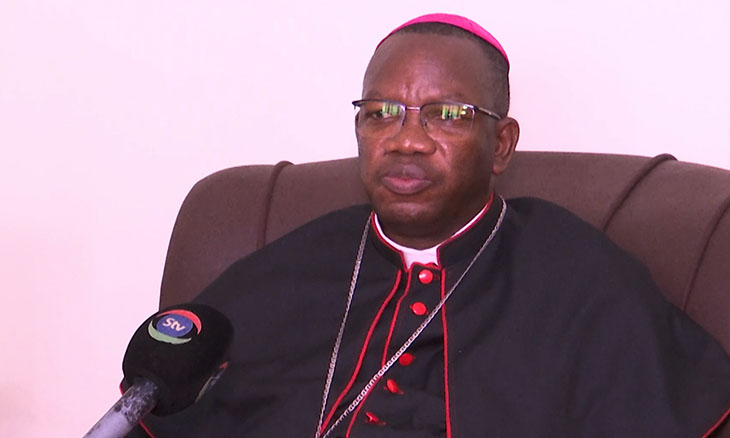
Photo: O País
If the current security situation continues to be considered normal, Cabo Delgado runs the risk of living with terrorism forever and becoming a zone of extreme violence with the deaths that continue to occur in the province thought to be of little consequence.
The warning comes from the Bishop of Pemba, who is concerned about the way the Mozambican authorities and this part of the world have been dealing with the issue of terrorism in Cabo Delgado, a province that has witnessed armed conflict for almost seven years.
“There is a certain type of discourse that encourages an attitude of complacency on our part, when it is said that the situation in Cabo Delgado is under control or we will control it. This worries me because we cannot domesticate a situation of violence. We have our history, our culture and our achievements, and we cannot say that terrorism will not end and what we should do is just control it. This type of discourse does not mobilise us to search for new ways to overcome difficulties. On the contrary, it can lead us to become comfortable and start to live with this situation,” explains Dom Juliasse.
Another situation that worries the Bishop of Pemba is related to the minimization of the phenomenon of terrorism, which is supposedly seen as a problem only in the province of Cabo Delgado.
“When they talk about the war, they say it’s Cabo Delgado. After all, where is Cabo Delgado? Mozambique needs to understand that national unity means that the problem that affects one part of the country is a problem for the entire country,” Dom Juliasse says.
In addition to the supposed tendency to normalise terrorism in Cabo Delgado, the Bishop of Pemba is shocked by the constant violation of human rights in the province, with the death of innocent people practically a daily occurrence.
“People continue to die in Cabo Delgado. If the population doesn’t die, the military dies. Some people don’t feel the pain when they hear that five soldiers died, but these soldiers are children of a family and are Mozambicans like me and others. If insurgents also die, some may not feel sorry for their being insurgents or causing evil, but they are human beings and they are Mozambicans. War causes death and destruction and we cannot be happy about that,” Dom Juliasse laments.
Another concern of the Bishop of Pemba is related to the humanitarian crisis, which has been forcing some displaced people to return to their areas of origin despite the existence of pockets of terrorist attacks.
According to Dom Juliasse, no one can live as a displaced person for four, five or seven years. The people themselves understand that they cannot live as displaced people for a long time and some chose to return to where they came from and live with the risk.
With the terror, the humanitarian crisis and the apparent surrender on the part of the Mozambican authorities and international partners who, despite the continuation of deaths and destruction, consider Cabo Delgado to be a safe zone, the Bishop of Pemba predicts that in addition to the prolongation of the attacks, terrorists, the province will experience an increase in extreme violence in the near future.
“What worries me most as bishop of this diocese is that this situation will become a chronic system of violence and spikes in attacks,” Bishop Juliasse warns.
Since the terrorist attacks in Cabo Delgado began on October 5, 2017, around 4,000 deaths have been confirmed and more than a million people displaced.
By Hizidine Acha
Healthy intervention by the Bishop of Pemba about the situation in #CaboDelgado #Mozambique First, he says there is still much violence taking place & it should not be accepted as normal. Second, the problems of the province are problems of the country https://t.co/iBvGvlmk6d
— Eric Morier-Genoud (@emorier) January 3, 2024


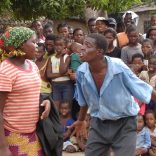


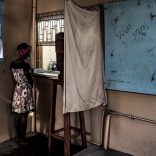
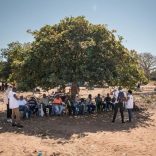
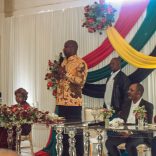




Leave a Reply
Be the First to Comment!
You must be logged in to post a comment.
You must be logged in to post a comment.